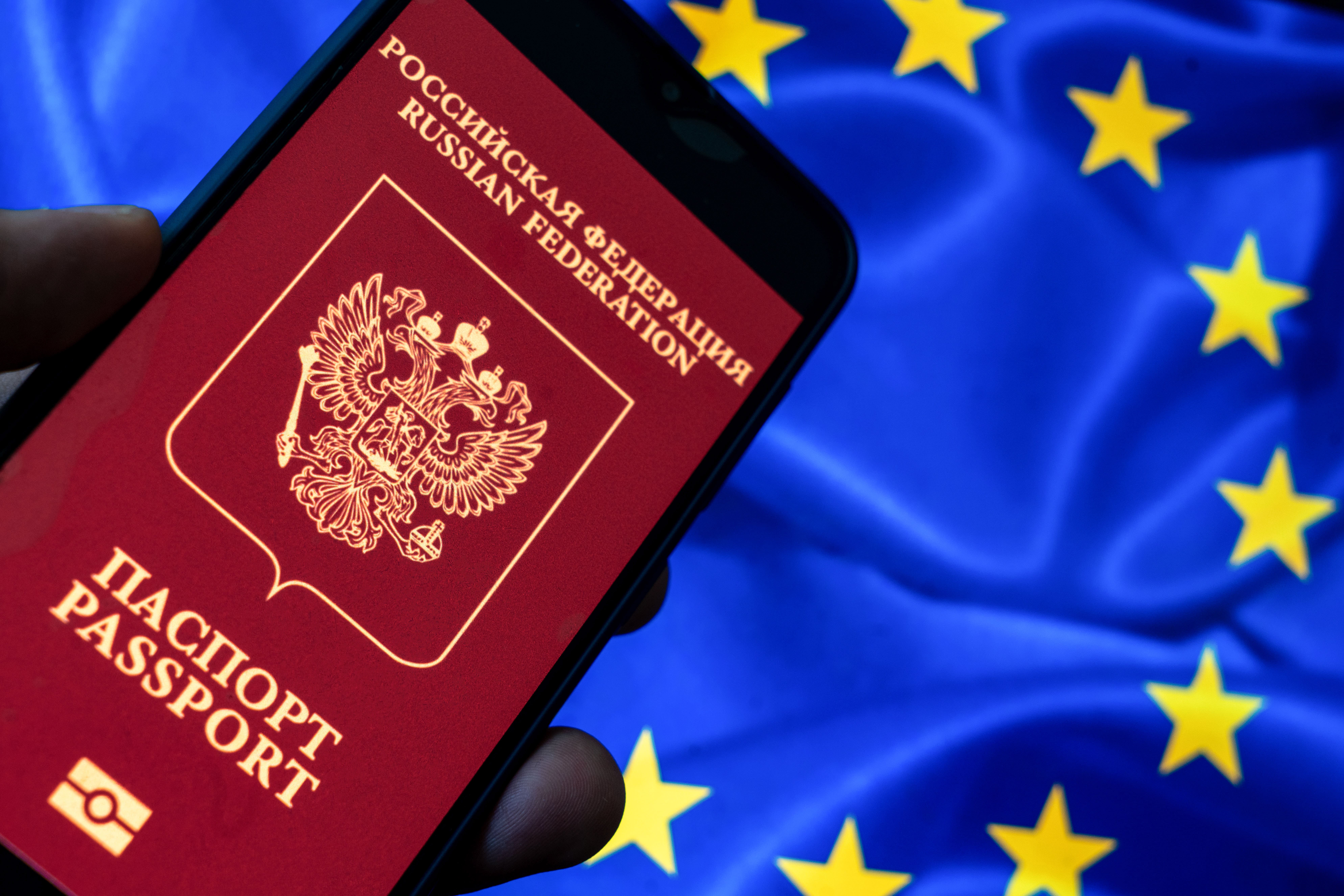The New Russian Diaspora: Europe’s Challenge and Opportunity

This report assesses both the scale and the roots of the outward migration from the Russian Federation coinciding with Putin’s turning of Russia into an aggressive authoritarian state.

The authors analyze both the open sources and the data collected during a study of the Russian diaspora in European Union (EU) member states, conducted in April 2024 on behalf of the Center for Analysis and Strategies in Europe (CASE) by a team of researchers associated with the University of Nicosia (the findings and methodology of the research are available on the CASE website). The authors argue that the Russians who have recently left their country represent substantial human capital that may be used almost exclusively in Europe or the Americas since both rich historical experience and recent cases of integrating Russians into non-Western societies show that they rarely became successful.
The authors make a clear distinction between classic “emigration” and the current condition of those Russians who left their country, which they prefer to call “relocation”. Those who have relocated are more active and flexible than emigrants have traditionally been; the European authorities can determine the ways and means of their admission, but at the same time, most of them possess financial resources and competencies that can facilitate their future integration into European societies. Studying the Russian diasporas in a number of post-Soviet and Central European nations, the authors depict their positive economic influence on host societies and, using Cyprus as a case study, emphasize how significant it may be even for a developed European country if its authorities pursue a balanced policy aimed at admission and integration of the “relocants”. Assessing the state of the Russian diasporas in Poland, Germany and France, they conclude that this strategy can be used by other EU member states.
The report emphasizes that the massive exodus of educated and self-made Russians presents a serious challenge to Putin’s regime, comparable in its significance to the effect of Western economic sanctions imposed on Russia. Unlike the current sanction policies, which often backfire on Europeans, abetment of Russians’ departure from their country can deliver noticeable economic benefits to the united Europe by creating a broad community of Russians who perceive Europe and the West in general as a close and appreciative ally rather than an enemy, making little distinction between the Putin regime and the decent Russian people who became its hostages.
Dmitry Gudkov was an independent member of the State Duma from 2011 to 2016, who spoke out against a number of decisions of symbolic significance for the Kremlin, such as the annexation of Crimea and the “Anti-Magnitsky Law,” which banned the adoption of Russian children by American citizens. In 2021, amid increasing pressure from Russian authorities on opposition leaders, he was forced to leave Russia. Currently, he is a co-founder and member of the Russian Anti-War Committee, established in 2022 by a group of Russian political émigrés to resist Vladimir Putin’s regime and the aggressive war it is waging against Ukraine.
Vladislav Inozemtsev is a Russian economist and political scientist with a PhD in economics and the founder and director of the Center for Post-Industrial Studies. From 2002 to 2012, he served as the editor-in-chief of Svobodnaya Mysl (Free Thought), a monthly political and economic journal. From 2011 to 2014, he was a professor at the Higher School of Economics and Section Chair at the Department for Public Administration at Moscow State University. Since 2014, he has been working outside Russia as a researcher and senior fellow at the Institute for Human Sciences (Vienna), the Center for Strategic and International Studies, and the Johns Hopkins University (Washington), the German Council on Foreign Relations (Berlin), and some other European and American think tanks.
Dmitry Nekrasov is a Russian economist, writer and entrepreneur who held various positions in Russia’s Federal Tax Service and presidential administration during Dmitry Medvedev’s years in the Kremlin. In 2012-2013 he served as the Secretary General of the Coordination Council of the Russian Opposition. In 2024 he became a co-founder of the Center of Analysis and Strategy in Europe (CASE) and currently serves as its director.
Download the full analysis
This page contains only a summary of our work. If you would like to have access to all the information from our research on the subject, you can download the full version in PDF format.
The New Russian Diaspora: Europe’s Challenge and Opportunity
Related centers and programs
Discover our other research centers and programsFind out more
Discover all our analysesRussia's Asia Strategy: Bolstering the Eagle's Eastern Wing
Among Russia’s strategic priorities, Asia traditionally played a secondary role compared to the West. In the mid-1990s, then Foreign Minister Yevgeny Primakov initiated a rapprochement with China and India. Then, in 2014, deteriorating relations between Russia and the West prompted Moscow to begin its “great pivot to the East”.
Kazakhstan After the Double Shock of 2022: Political, Economic and Military Consequences
The year 2022 represented a dual shock for Kazakhstan. In January, the country faced its most severe political crisis since independence, followed in February by Russia’s full-scale invasion of Ukraine, which cast uncertainty over the borders of post-Soviet states. These consecutive crises profoundly shaped Kazakhstan’s domestic and foreign policy.

How the Russian Army Changed its Concept of War, 1993-2022
The traditional and high-intensity war that has occurred in Ukraine since Russia decided to invade raises a key issue: did post-soviet Russian strategic thought really prepare Russia for waging this war?
Russia's Nuclear Deterrence Put to the Test by the War in Ukraine
From the outset of its “special military operation” (SVO) against Ukraine on February 24, 2022, Russia, which possesses one of the world’s largest nuclear arsenals, has adopted aggressive deterrence measures and a resolutely menacing rhetorical stance.









